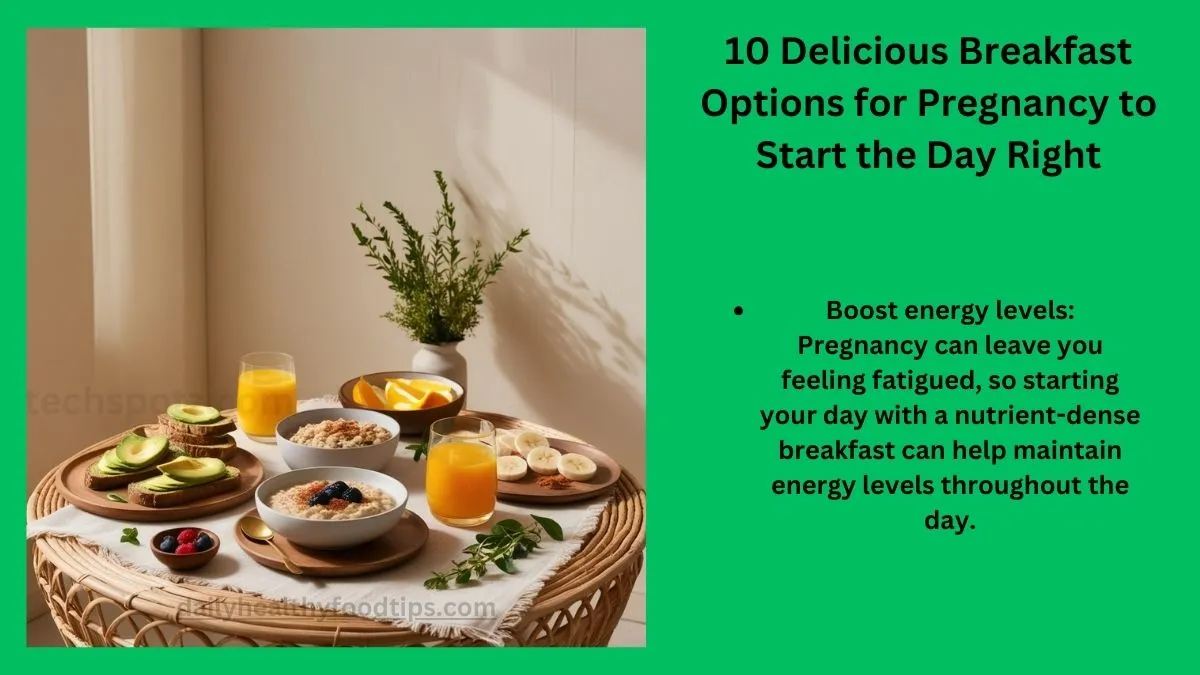Did you know 95% of Americans don’t get enough fiber every day? Not getting enough fiber can lead to bloating. Some foods, like those high in fiber and complex sugars, can make gas and discomfort worse. Knowing which foods to avoid can help you feel better and digest food better.
Key Takeaways
- Beans, lentils, cruciferous veggies, and dairy products are common bloat-inducing foods
- Carbonated drinks, processed foods, and artificial sweeteners can also lead to gas and bloating
- Adjusting portion sizes, cooking methods, and ingredient choices can help mitigate digestive discomfort
- Monitoring intake of high-fructose fruits is important for those sensitive to such sugars
- Paying attention to your body’s reaction to different foods is key to managing bloating
Understanding Bloating and Its Causes
Bloating is a common problem that can really affect your life. People with irritable bowel syndrome (IBS) often feel worse than those with other health issues. IBS can cause a lot of discomfort, like cramps, bloating, and trouble sleeping.
Irritable Bowel Syndrome and Bloating
The reasons behind IBS are still not fully understood. But, it’s thought that problems in the gut and brain, along with changes in the gut’s bacteria, might play a role. Doctors usually diagnose IBS based on symptoms. Treatment can include medicines and changes in diet and lifestyle.
Doctors often suggest antispasmodics for stomach pain in IBS patients. But, these medicines don’t work the same for everyone. Some, like mebeverine, can cause side effects like headaches and dizziness. Even common painkillers can harm the stomach, especially for older people.
Chronic inflammation can damage tissues. Medicines like diclofenac can reduce inflammation but might cause side effects. The way these medicines work can affect how the body reacts.
Scientists are working on new treatments for IBS. They’re making new versions of mebeverine to see if they’re better and safer.

8 Foods That Can Trigger Bloating
Bloating can be really frustrating and uncomfortable. Knowing what foods cause it can help you feel better. Here are 8 foods that often lead to bloating and gas:
- Beans and Lentils: These foods are full of fiber and oligosaccharides. They can be hard to digest, leading to gas and bloating.
- Cruciferous Vegetables: Broccoli, cauliflower, and Brussels sprouts have sulfur compounds. They can cause gas and bloating during digestion.
- Dairy Products: People with lactose intolerance may feel bloated and uncomfortable after eating dairy. This is because they don’t have enough lactase enzyme.
- Wheat and Gluten Products: Foods with gluten, like bread and pasta, can cause bloating. This is especially true for those with gluten sensitivity or celiac disease.
- Carbonated Drinks: Drinks with carbon dioxide, like sodas and sparkling waters, can make you feel bloated. This is because the carbon dioxide creates gas in your stomach.
- Processed Foods: These foods are often high in sodium and have artificial ingredients. They can cause water retention and upset your stomach, leading to bloating.
- Artificial Sweeteners: Found in sugar-free products, these sweeteners can be hard to digest. This can lead to gas and bloating.
- Certain Fruits: Fruits like apples, pears, and mangoes are high in fructose and sorbitol. They can cause gas and bloating in some people.
By knowing these common culprits, you can manage your bloating. This way, you can enjoy a more comfortable digestive experience.
| Food | Reason for Bloating |
|---|---|
| Beans and Lentils | High in fiber and oligosaccharides, which can be difficult to digest |
| Cruciferous Vegetables | Contain sulfur compounds and complex carbohydrates that can cause gas during digestion |
| Dairy Products | Lactose intolerance leads to difficulty digesting lactose, causing bloating and discomfort |
| Wheat and Gluten Products | Gluten can trigger bloating in individuals with gluten sensitivity or celiac disease |
| Carbonated Drinks | Dissolved carbon dioxide in sodas and sparkling waters can create gas in the stomach |
| Processed Foods | High in sodium and artificial ingredients, leading to water retention and digestive irritation |
| Artificial Sweeteners | Difficult for some to digest, resulting in gas and bloating |
| Certain Fruits | High in fructose and sorbitol, which can trigger gas and bloating in sensitive individuals |
Knowing what foods cause bloating can help you manage your digestive health. Paying attention to how your body reacts to different foods can help you avoid bloating.
Remember, everyone’s body is different. What causes bloating for one person might not affect another. Try different foods and amounts to find what works best for you.
Managing Bloating Through Dietary Adjustments
To manage bloating, making smart diet changes can help a lot. Focus on how you cook and how much you eat. Soaking beans before cooking and slowly adding more fiber can ease bloating from beans and lentils4. Also, cooking veggies like broccoli and cauliflower can make them easier to digest. Try steaming or sautéing them instead of eating them raw.
Choosing lactose-free or plant-based options for dairy can help with bloating. Also, eating less processed food with lots of sodium and artificial sweeteners can help. Watch how much high-fructose fruits you eat, as they can upset your stomach.
Portion Control and Its Role
Watching your portion sizes is also key in managing bloating. Eating too much can make you feel bloated and uncomfortable. By eating the right amount, you can avoid bloating after meals.
| Tip | Description |
|---|---|
| Soak Beans | Soaking beans before cooking can help the body adjust and reduce bloating. |
| Cook Cruciferous Veggies | Cooking cruciferous vegetables makes them easier to digest and less likely to cause bloating. |
| Opt for Lactose-free Dairy | Choosing lactose-free dairy products or plant-based alternatives can help prevent bloating. |
| Monitor Portion Sizes | Being mindful of portion control can minimize the likelihood of experiencing bloating after meals. |
By making these diet changes and watching your portions, you can manage bloating better. This way, you can enjoy your meals without feeling uncomfortable. Remember, everyone’s body is different. You might need to try a few things to find what works best for you.
8 Foods That Can Trigger Bloating: What to Avoid
If you’re dealing with bloating, knowing which foods to avoid is key. Foods like beans, lentils, and carbonated drinks can make you feel bloated. They cause gas and water retention, leading to belly discomfort.
Beans and lentils are high in fiber and oligosaccharides, which can make you gassy. Vegetables like broccoli and cabbage can also cause gas and bloating. For those with lactose intolerance, dairy can make you feel bloated Gluten in foods like wheat can also cause bloating in some people
Drinks with carbonation can make your stomach feel gassy and bloated. Foods high in sodium can make you retain water, leading to bloating. Some artificial sweeteners, like sorbitol and xylitol, can also cause gas and bloating. Fruits like apples and pears can make some people feel gassy and bloated.
FAQ
What are the 8 foods that can trigger bloating?
Foods that can cause bloating include beans and lentils, and cruciferous veggies. Dairy, wheat, and gluten products also can. Carbonated drinks, processed foods, and artificial sweeteners are culprits too. Some fruits with high fructose are another cause.
What causes bloating and how can it be managed?
Bloating often comes from eating too much fiber, complex sugars, and sulfur compounds. Lactose, gluten, and carbon dioxide also play a part. Artificial sweeteners and high-fructose fruits are culprits too.
Changing how you cook and what you eat can help. Adjusting portion sizes is key to feeling better.
How is irritable bowel syndrome (IBS) related to bloating?
IBS greatly affects quality of life. It brings symptoms like cramps, bloating, and gas. You might also have constipation, diarrhea, or both.
Food intolerances, indigestion, and fatigue are common too. Sleeping well can be hard with IBS.
Related:
How can cooking methods and portion control help manage bloating?
Soaking beans before cooking helps your body adjust. This can lessen bloating from beans and lentils. Cooking veggies can make them easier to digest.
Try steaming or sautéing instead of eating them raw. Watching your portion sizes is also important. This can help prevent and ease bloating.
Disclaimer:The information provided in this content is for general informational purposes only and is not intended to be a substitute for professional medical advice, diagnosis, or treatment. Always seek the advice of your physician or another qualified health provider with any questions you may have regarding a medical condition. The author does not assume any responsibility for the accuracy or outcomes of following any suggestions provided in this content. Use of this information is at your own risk.

wellness trends, and fitness tips. They create clear, engaging, and informative content for readers seeking guidance on living a healthier lifestyle. Health writers often cover a wide range of topics, including nutrition, exercise, mental health.





